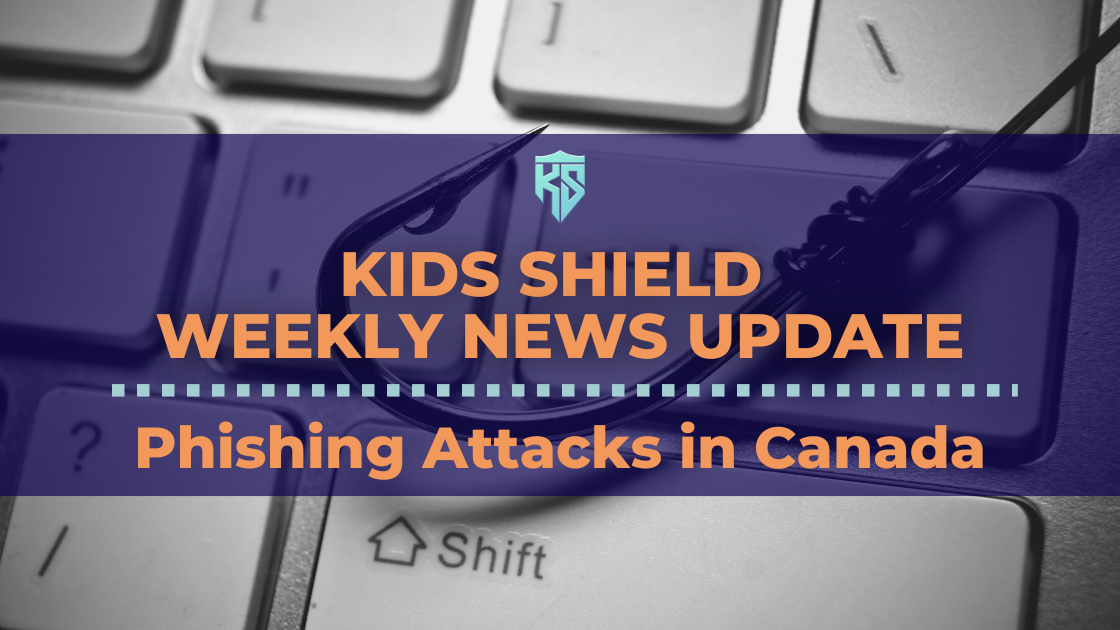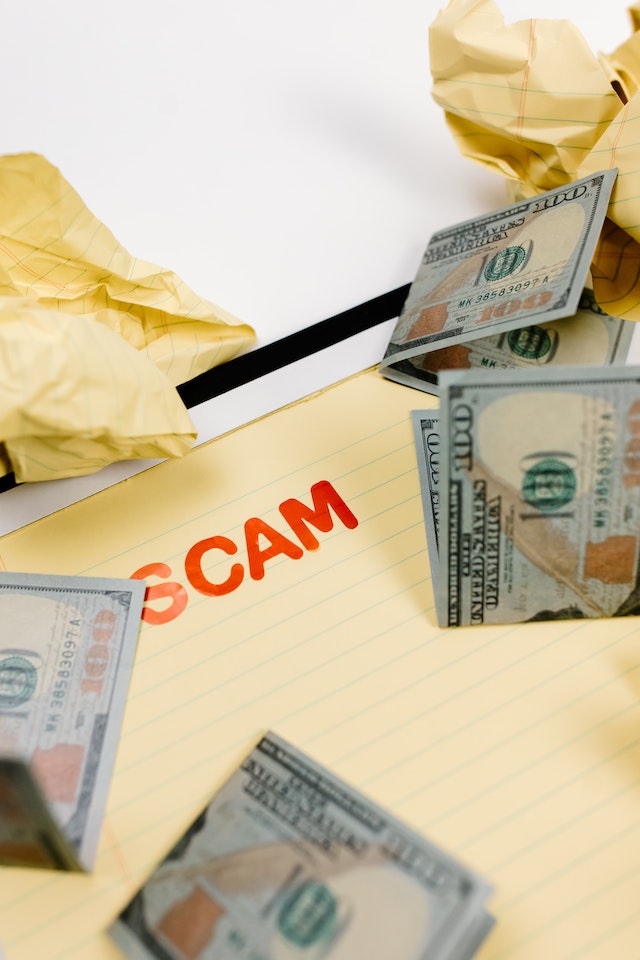
Phishing scams have been on the rise and almost everyone who uses a mobile phone or computer has probably been a victim of a phishing attempt. Phishing attacks are when a hacker poses as a well known or trusted organization to attempt to steal your information through a dangerous link. As an example, a common tactic is posing as your phone service provider saying there is an issue with your account and you must follow a link to resolve it. Here are some recent news stories about phishing problems, specifically in Canada!
Montreal Woman Scammed $15,000

According to a report from Global News a woman from Montreal was scammed out of $15,000 due to a phishing scam. The woman received a call from who she believed to be an employee of Amazon claiming that there was an issue with billing on her account and to rectify the situation she must tell them her account information. After this she received a call from her bank letting her know she was a victim of a phishing scam and they had actually stolen money. Since she gave over her information the bank would not reimburse her and she had to pay the credit card bill. Be careful who you give your information to. Read more about this here.
Canadian Anti-Fraud Centre Phishing Scam

In recent months many Canadians have received phishing emails, texts and calls claiming to be the Canadian Anti-Fraud Center. According to IT World Canada people have been receiving worrisome messages saying your personal information has been corrupted and you need to click a link. But in reality this link would steal your personal information stored on the device. If something like this happens it is best to visit the website of the organization the message is claiming to be from through a new browser where you type in the website information, do not click the link. And finding out how to contact them to find out if the message is legitimate. You can find more about this here.
Hackers Pose as CRA

Another organization that phishing scammers pose as is the Canada Revenue Agency. According to We Live Security these hackers send messages to victims claiming that they have a refund waiting for them if they click the link. And again this link is really there to try to steal private information about you that can be used to steal your identity or your money. It is important to know that the CRA will not contact you via text message and will only call or send you mail in the post unless you have explicitly signed up for email notifications which will come from an official email. The best way to know if you have been contacted by them is to access your My CRA Account. Read more about this here.
Phishing hacks will only become more prevalent in this day and age. Make sure that you know the signs, the risks and most importantly how to protect yourself. You can find other resources and content on Kids Shield social media pages. Make sure you are signed up for our email list to never miss out on an blog. Be educated, be connected and be safe!




